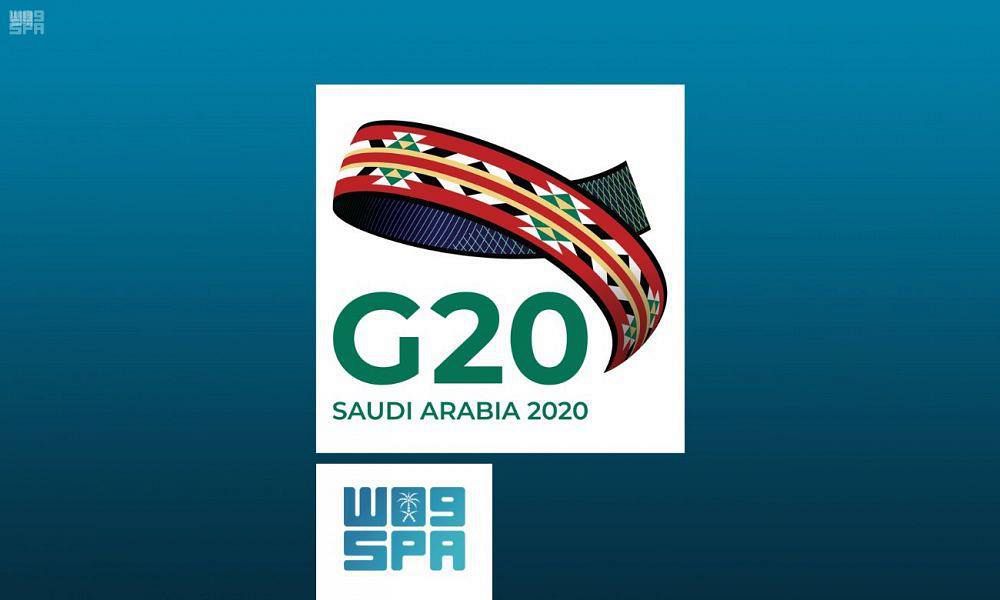
The African Union (AU) summit kicked off in the Ethiopian capital, Addis Ababa on Saturday, with peace, security and the ramifications of the novel Coronavirus (COVID-19) pandemic topping the agenda.
The agenda of the two-day African gathering also encompasses several other issues and subjects, primarily immigration, poverty and economic integration among the continental bloc"s member states.
This year"s African Union summit is held under the theme: "Building Resilience in Nutrition and Food Security on the African Continent: Strengthen Agriculture, Accelerate the Human Capital, Social and Economic Development," the bloc said in a statement.
The African heads of state are expected to consider the Report of the 40th Ordinary Session of the Executive Council held on Feb. 2-3, 2022, along with different reports, under its three sessions: Session on Peace, Security and Governance, Session on African Citizen Well-Being: Health, Nutrition and Food Security, and Session on Regional Integration through A Green Inclusive and Resilient Economic Recovery.
South African President Cyril Ramaphosa is expected to provide an update on Africa"s response to the pandemic, nearly two years after the continent"s first COVID-19 case was detected. As of Jan. 26, only 11 percent of Africa"s more than one billion people had been fully vaccinated, according to the Africa Centers for Disease Control and Prevention.
Leaders gathered the summit called on Saturday for the continent to have a bigger role on the international stage amid signs the bloc is struggling to forge a coordinated response to challenges from coups to COVID-19.
The AU, formed 20 years ago to foster regional cooperation, has taken little decisive action in the face of six coups or attempted coups in Africa over the past 18 months, and the power grabs were high on the summit agenda.
While the bloc did move to suspend Burkina Faso, Mali and Sudan following military takeovers, it is unclear whether the ban has had any effect on the countries" new leaders.
AU Commission Chair Moussa Faki Mahamat told leaders at the opening ceremony that the security situation in Africa required the bloc to take a new approach and called for "more active inter-African solidarity".
Palestinian Prime Minister Mohammad Shtayyeh, who spoke at Saturday"s ceremony, called for Israel"s observer status to be withdrawn. "It is actually a reward that encourages Israel to continue violating international treaties," he said.
UN Secretary-General Antonio Guterres addressed the leaders by video link and repeated calls for a ceasefire in the Ethiopian conflict, which broke out in November 2020 and has killed thousands.
Ethiopian Prime Minister Abiy Ahmed used his speech to call for a permanent seat for Africa on the UN Security Council and urged the AU to form a continental media house to counter "negative media representation of Africa".
After wealthy countries hoarded COVID-19 vaccines for months last year, African nations finally began receiving larger supplies by November. But the region is far behind global vaccination targets, partly due to logistical challenges.
Governments hope the creation of a continent-wide drug regulator, the African Medicines Agency (AMA), last year might help Africa combat inequities with other regions.
Meanwhile, Nigerian President Muhammadu Buhari embarked on a four-day trip to the Ethiopian capital, Addis Ababa. He will be participating in the AU Summit, said spokesperson, Femi Adesina.
Adesina said Buhari would join other African leaders in finding solutions to political, economic and social challenges facing the continent.
He said Buhari would on the sideline of the AU meetings hold bilateral meetings with some leaders, with shared interest in improving trade relations, partnering to tackle security challenges and maintaining relations with multilateral institutions for sustainable development. — Agencies












